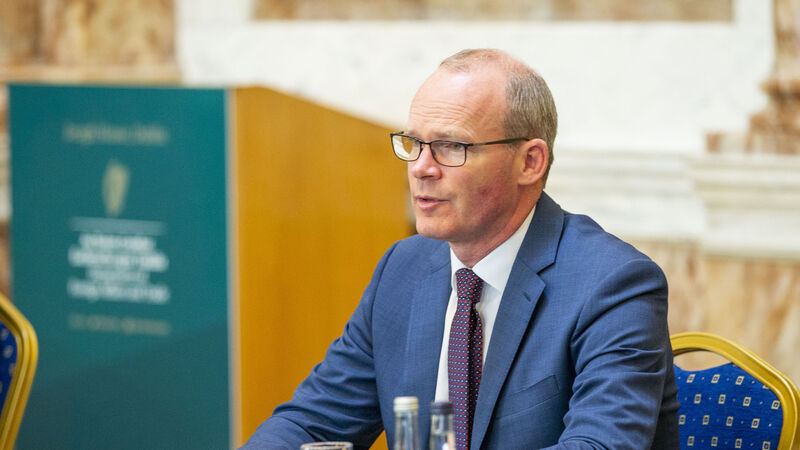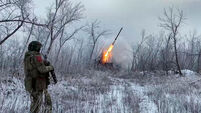No further EU sanctions against Russia amid growing disunity on oil and gas supplies

Foreign Affairs Minister Simon Coveney, said: 'Looking at the extent of the destruction in Ukraine right now, it's very hard to make the case that we shouldn't be moving in on the energy sector, particularly oil and coal.' File Picture Julien Behal
EU ministers will not agree on a new sanctions package against Russia today amid growing disunity on sanctioning the country's oil and gas supplies.
Europe is giving Russia about €260 million a day for oil and a similar amount on gas, Simon Coveney has said.














